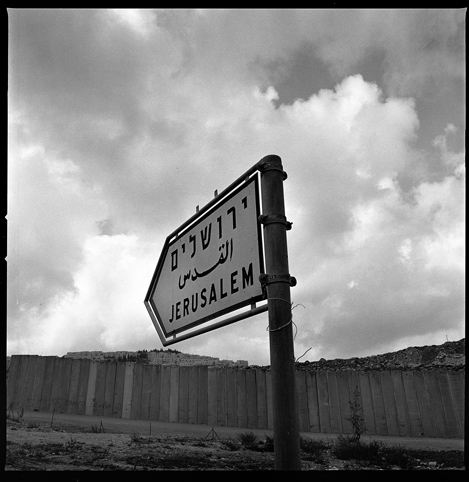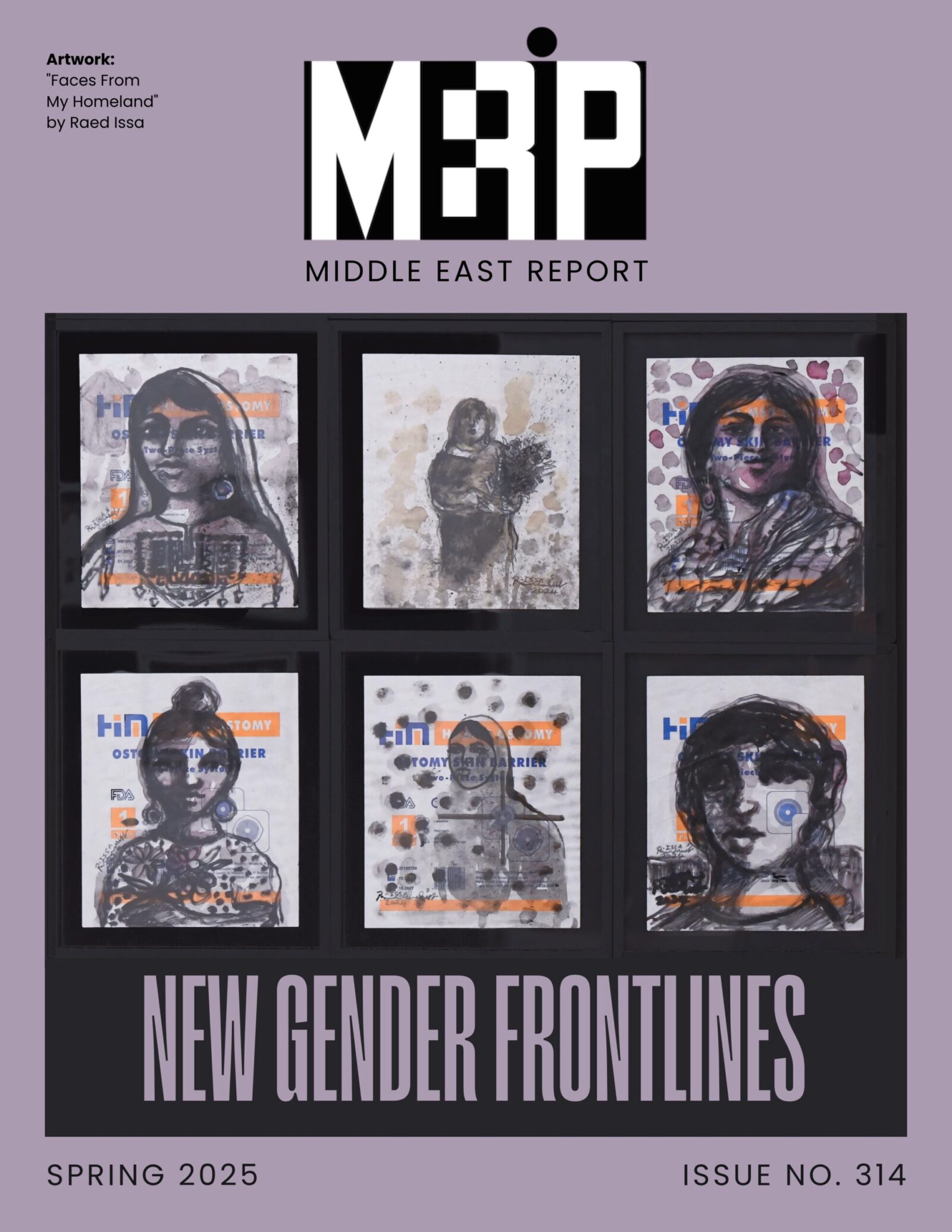IN THIS ISSUE:
Israel Dispatch
Among the numerous ideological affinities and governing styles shared by President Trump and Israeli Prime Minister Benjamin Netanyahu is a commitment to the rhetoric of “fake news.” In the last year, Netanyahu has increasingly borrowed this Trumpian formulation in an attempt to quell dissent and undercut critical Israeli and international media scrutiny. Netanyahu is not unique in this regard. Over the course of the last year, authoritarian regimes across the globe—including Syria, Russia and Malaysia—have adopted the fake news script to silence detractors and critics, frequently in response to the charge of human rights violations.
Palestine Dispatch
Palestinian adherents of what is known as the peace process never quite entertained the illusion that the United States is a neutral arbiter, let alone honest broker in matters Israeli-Palestinian. Rather, they allowed themselves to believe that, precisely on account of its close relationship and therefore influence over Israel, Washington would be an effective mediator and as such serve as the midwife of Palestinian statehood. It was on this basis that Palestinians embraced the framework of exclusive American sponsorship of bilateral Israel-Palestinian negotiations divorced from the existing international consensus, devoid of a clear timeline or agenda, and lacking effective arbitration or meaningful enforcement mechanisms.
Morocco Dispatch
Moroccans have been consuming regular coverage of Donald Trump since the US presidential campaign heated up. I was here in Fez in December 2015 when candidate Trump called for the United States to bar entry to Muslims—his notorious “Muslim ban.” News of it spread quickly. Moroccan students asked me pointedly and poignantly what he had against Muslims, and why Islam was a special target of his campaign. But if they were aware of the Islamophobia sweeping America in 2015, they also were familiar with his reality show, Celebrity Apprentice.
Turkey Dispatch
Turkey’s Islamist hegemons in the ruling Justice and Development Party (AKP) have been losing their grip on reality for some time. Anti-Western conspiracy theories have multiplied in the country since the attempted coup by Turkish military officers on July 15, 2016. Members of the religious-political Gülen movement, which split from the AKP in 2013, were involved in the power struggle with the AKP government that culminated in the coup attempt. Since the leader of the Gülen movement, Turkish cleric Fethullah Gülen, is based in Pennsylvania, suspicion has also fallen on the United States. Further confounding the AKP-led government and President Recep Tayyip Erdoğan are the mixed messages coming out of Washington. Initially, the AKP believed that Trump as president would help their efforts to extradite Gülen. Yet, Turkey’s rulers cannot square their assumption of Trump’s sympathy for them with his decision to recognize Jerusalem as the capital of Israel and his inability (or unwillingness, in Erdoğan’s eyes) to put an end to the politically sensitive US trial of Turkish banker Hakan Atilla.
CURRENT ANALYSIS
Nobel Nota Bene
From Little League banquets to honorary doctorates, it may well be in the nature of award committees to tilt toward hyperbole. Elevating the legacy of the recipient is, among other things, an affirmation of the importance of those who can recognize importance when they see it. The committee that selects the recipient of each year’s Nobel Peace Prize unquestionably evaluates a slate of tremendously significant nominees, but even this august body fits the exaggerating profile in the language of its encomia. And with stakes higher than many, the Nobel’s fulsome praise can be faulted in recent years not simply for its overstatement, but also for its timing.
Ahmed Mohamed, Liberal Rhetoric and Obama Administration Propaganda
Most readers will know by now that a 14-year-old kid named Ahmed Mohamed was recently arrested in Irving, Texas for, well, for making a clock while Muslim. Ahmed, an aspiring engineer and a robotics enthusiast, had built a simple digital clock and brought it to his ninth-grade high school classes, hoping to impress his teachers. Instead, one of them called the cops on him, and with the consent of the school principal, five police officers arrested him and took him to a detention center in handcuffs. Ahmed has reported that one officer he’d never seen before looked at him and said, “Yup.
Where Is Israel in the Refugee Crisis?
Last week, SodaStream CEO Daniel Birnbaum and Mayor Talal Al-Krenawi of the Negev Bedouin city Rahat issued a joint statement offering the absorption of 1,000 refugees from Syria, who would be supported by employment at the new SodaStream factory in nearby Idan haNegev.
LATEST ISSUES
FEATURED PRIMER

Primer: Palestine-Israel
Read the newest iteration of MERIP’s Palestine primer. Published in March 2025, and updated to reflect developments in the ten years since our previous primer, it provides an overview of key actors, organizations, historic events, political developments and diplomatic initiatives that have shaped the status and fate of Palestinians and the State of Israel from the late nineteenth century to the present.


